Brazil – A model for peaceful coexistence
As a group of friends from Germany and Brazil, we founded the Deutsch-Brasilianische Freundschaftsvereinigung e.V. (German-Brazilian friendship association, www.freundschaftsvereinigung.com) in 2001. This non-profit charitable organization aims to strengthen the social and cultural ties between the two countries.
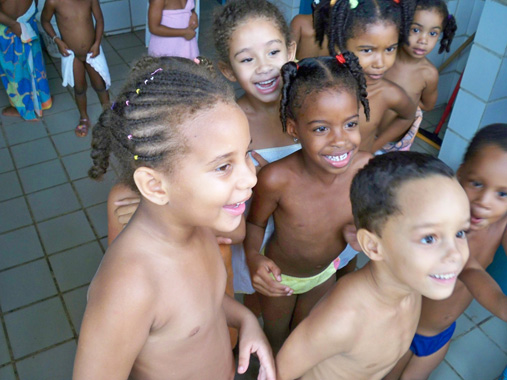
The association supports the Creche Escola Dr. Jose Renato Lima Veloso in Salvador, Bahia. This daycare center serves 180 pre-school aged children from socially disadvantaged families. State childcare facilities for this age group are lacking in Brazil.
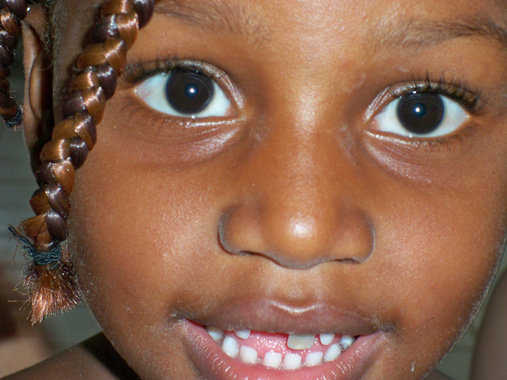
Poverty can be found everywhere in the world. Why are we focusing on Brazil?
Brazil can be considered a model for peaceful coexistence. Euclides da Cunha’s claim that there is no “Brazilian race” (Nao há um tipo antropólogico brasileiro) is still valid today. The Brazilian nation was founded on a free, unconstrained mixture of all ethnicities. Over the centuries, a mixture evolved between indigenous South Americans, Portuguese, black slaves brought from Africa, and immigrants from Italy, France and Germany.
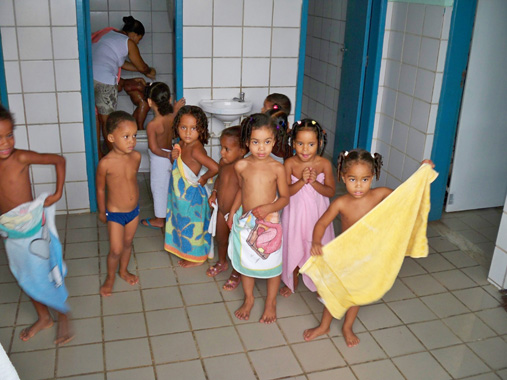
The Jesuits played a significant role in this ethnic mixing. In the early years, they regarded the country as an opportunity to build a new society, without class divisions or slavery. Unlike in the Spanish Church, children of Portuguese colonialists, indigenous natives, and slaves were regarded from the very beginning as equal in the eyes of God. This still has a positive effect today.
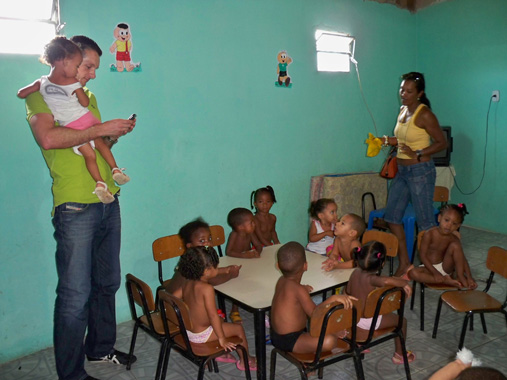
Like everywhere else in the world, there is crime in Brazil. But this is mainly poverty-driven. Crimes in Brazil are never committed out of abstract hatred against other races, religions, social classes, or ways of life. The country has no significant ethnic or religious problems, and never experiences the insanity of suicide bombings and mass shootings. The Brazilian language doesn’t even have equivalents for common expletives used in other languages to belittle different ethnicities. Instead, more caring, descriptive words are used for the population’s range of skin tones (“café com leite,” “leite com café”). These expressions are spoken without a hint of contempt.
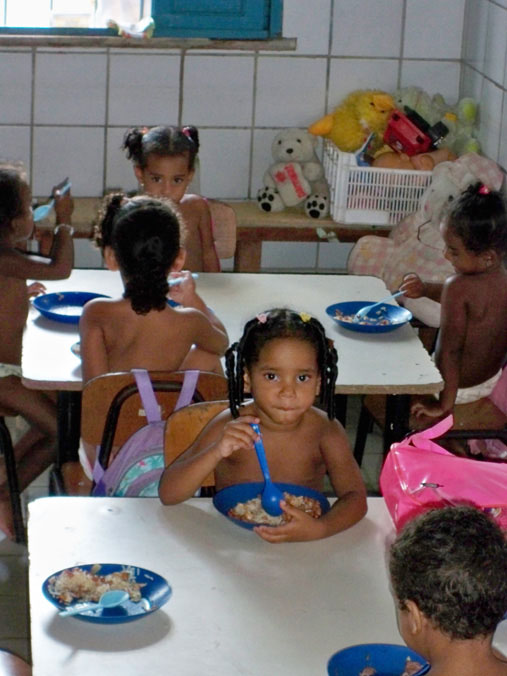
Brazilian society serves as an exemplary model for other countries, where racial, class and religious prejudices are still firmly in place. If we could overcome all of these barriers, the world would be a better place.
Dr. Kay Wagner was born in 1972, studied law in Marburg, Potsdam and Cape Town. He works as a lawyer specialized in entertainment and media law (kay.wagner@ihde.de).


